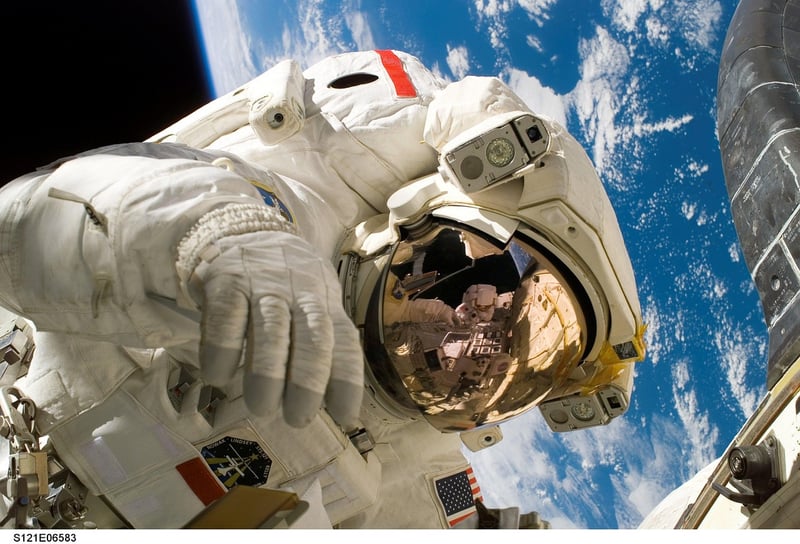Cosmic Radiation
The Perils of Space Travel: Navigating Cosmic Radiation
Space, the final frontier, has always captivated our imagination with its vastness and mysteries. However, beyond the beauty and wonder lies a hidden danger that poses a significant threat to astronauts - cosmic radiation.
What is Cosmic Radiation?
Cosmic radiation consists of high-energy particles originating from the sun, stars, and other celestial bodies. Unlike the Earth's atmosphere, which shields us from most of this radiation, space offers no such protection. As a result, astronauts venturing beyond Earth's protective cocoon are exposed to higher levels of cosmic radiation.
The Dangers of Cosmic Radiation
Exposure to cosmic radiation can have detrimental effects on the human body. Prolonged exposure increases the risk of cancer, cataracts, and other health issues. Additionally, cosmic radiation can damage DNA, leading to potential long-term health complications for astronauts.
Protecting Astronauts
Space agencies like NASA are actively working on ways to protect astronauts from the harmful effects of cosmic radiation. Some proposed solutions include developing advanced shielding materials for spacecraft, designing spacecraft with protective compartments, and monitoring radiation levels to minimize exposure.
Future Challenges
As we look towards future missions to Mars and beyond, the challenge of cosmic radiation remains a significant hurdle to overcome. Scientists and engineers continue to research and innovate to find effective ways to safeguard astronauts on long-duration space missions.
Conclusion
In the quest to explore the wonders of space, we must also confront the dangers that come with it. Cosmic radiation presents a formidable obstacle for human space exploration, but with dedication and ingenuity, we can navigate these challenges and pave the way for a future among the stars.

Image by WikiImages from Pixabay
For more information on cosmic radiation and space exploration, visit NASA's official website.
